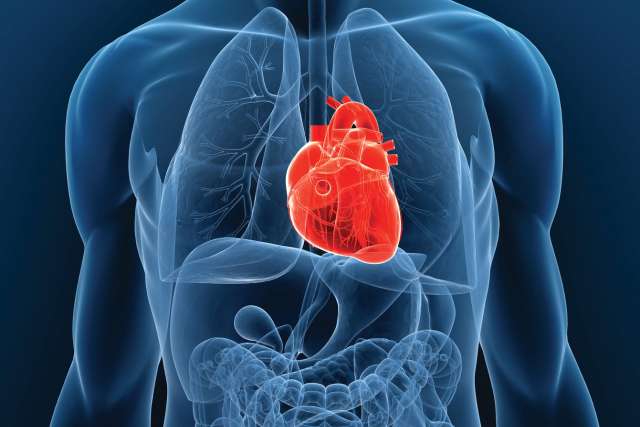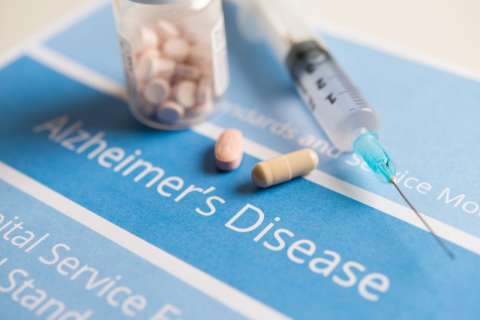Dear Doctors: I’m 68 years old and was recently diagnosed via an MRI with mild hypertrophic cardiomyopathy. Is this an unusual diagnosis at my age? I would like to know more about this condition and how it might affect doing daily tasks like lifting items or driving.
Dear Reader: Hypertrophic cardiomyopathy, also referred to as HCM, is a disease in which a portion of the muscle that forms the heart begins to grow abnormally thick. The prefix “hyper” means excessive, and “trophy” refers to growth or development. “Cardio” is drawn from the Greek word for heart, and “myopathy” indicates a disease of the muscles.
For optimum function, the heart muscle must be both strong and supple. If it becomes too thick, the bulk interferes with the heart's ability to contract and release. It's these two actions that move blood through the circulatory system. The disease can also affect the mitral valve, which separates the two chambers on the left side of the heart.
Although HCM can be caused by a range of heart and circulatory issues, in most cases it is an inherited disease. It arises due to gene variants, or mutations, that adversely affect the formation of certain protein fibers in the heart muscle. This form of HCM, which typically affects the muscular wall that separates the two lower chambers of the heart, is known as obstructive cardiomyopathy. Nonobstructive HCM is another form of the disease. It also causes abnormal growth of the heart muscle, but blood flow is not affected.
HCM can occur at any age. The disease doesn't always cause symptoms, and as a result it often goes undiagnosed. It is estimated that fewer than 15% of patients with the condition have been diagnosed. Thanks to the advent of sensitive scanning technologies such as MRI and echocardiogram, this is changing.
When symptoms do occur, they can include fatigue, shortness of breath, chest pain, skipped or fluttery heartbeats, heart murmur, atrial fibrillation, ventricular heart arrhythmia and swelling of the lower legs and feet. Some of these symptoms can be triggered by physical exertion. In some people, HCM may increase risk of heart failure or stroke.
The good news is that for many people, symptoms are minimal and do not interfere with daily life. However, it is important to arrange for your medical care provider to monitor disease progression. Treatment focuses on managing any symptoms that may occur. This often includes the use of medications, such as beta blockers, calcium channel blockers and blood thinners that affect blood flow, blood pressure and heart rate.
When drug treatment isn't effective, a minimally invasive procedure known as alcohol septal ablation may be recommended. It uses a thin tube, threaded through a vein, to deliver a small amount of alcohol to the thickened area of heart muscle. This causes some of the cells to die, which allows the remaining muscle to function properly.
Because this is often an inherited disease, it is also recommended that someone with an HCM diagnosis undergo genetic testing and, if appropriate, genetic counseling.
(Send your questions to [email protected], or write: Ask the Doctors, c/o UCLA Health Sciences Media Relations, 10960 Wilshire Blvd., Suite 1955, Los Angeles, CA, 90024. Owing to the volume of mail, personal replies cannot be provided.)





